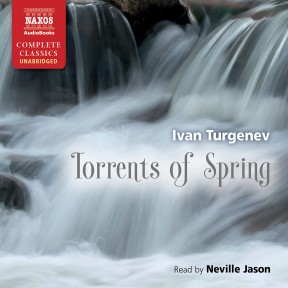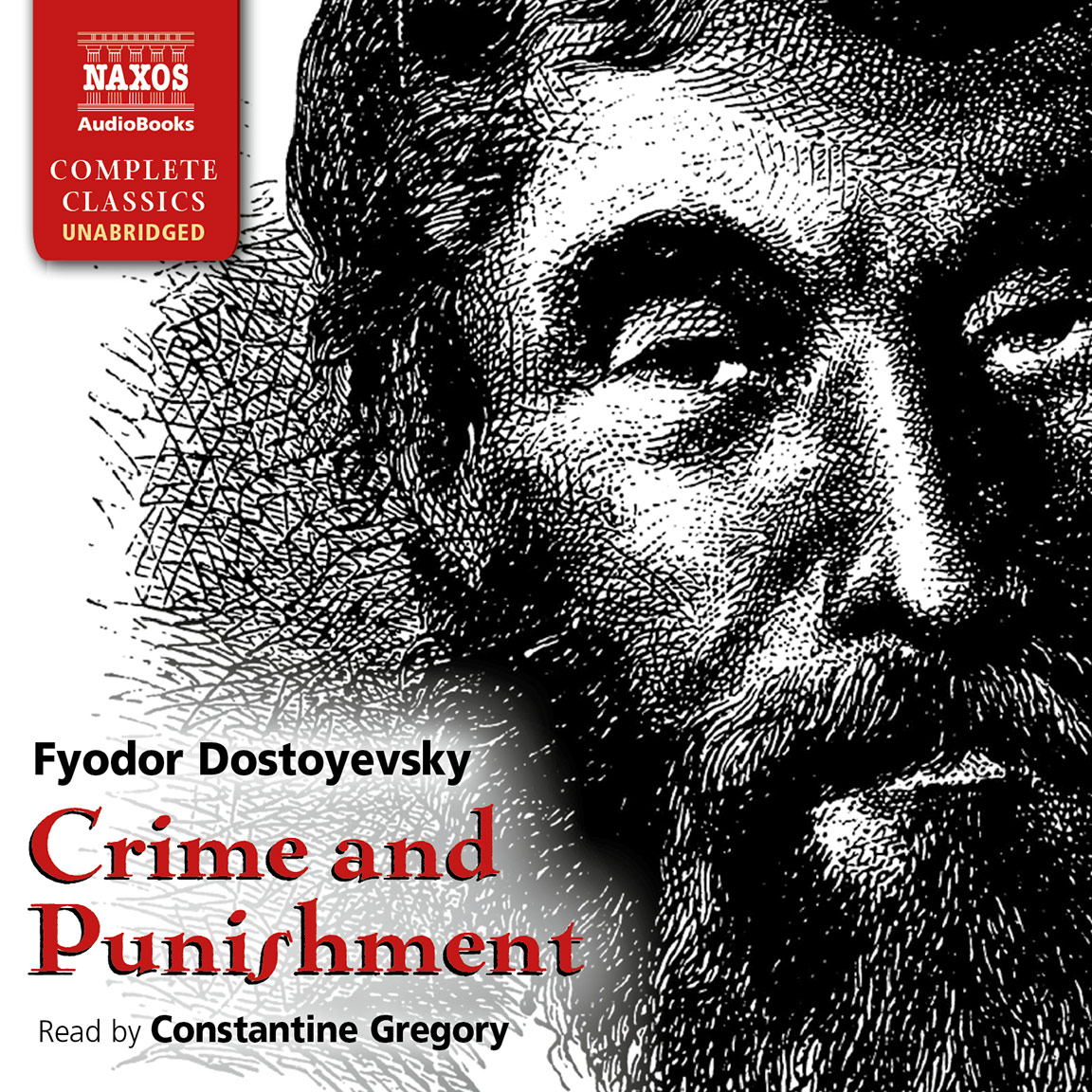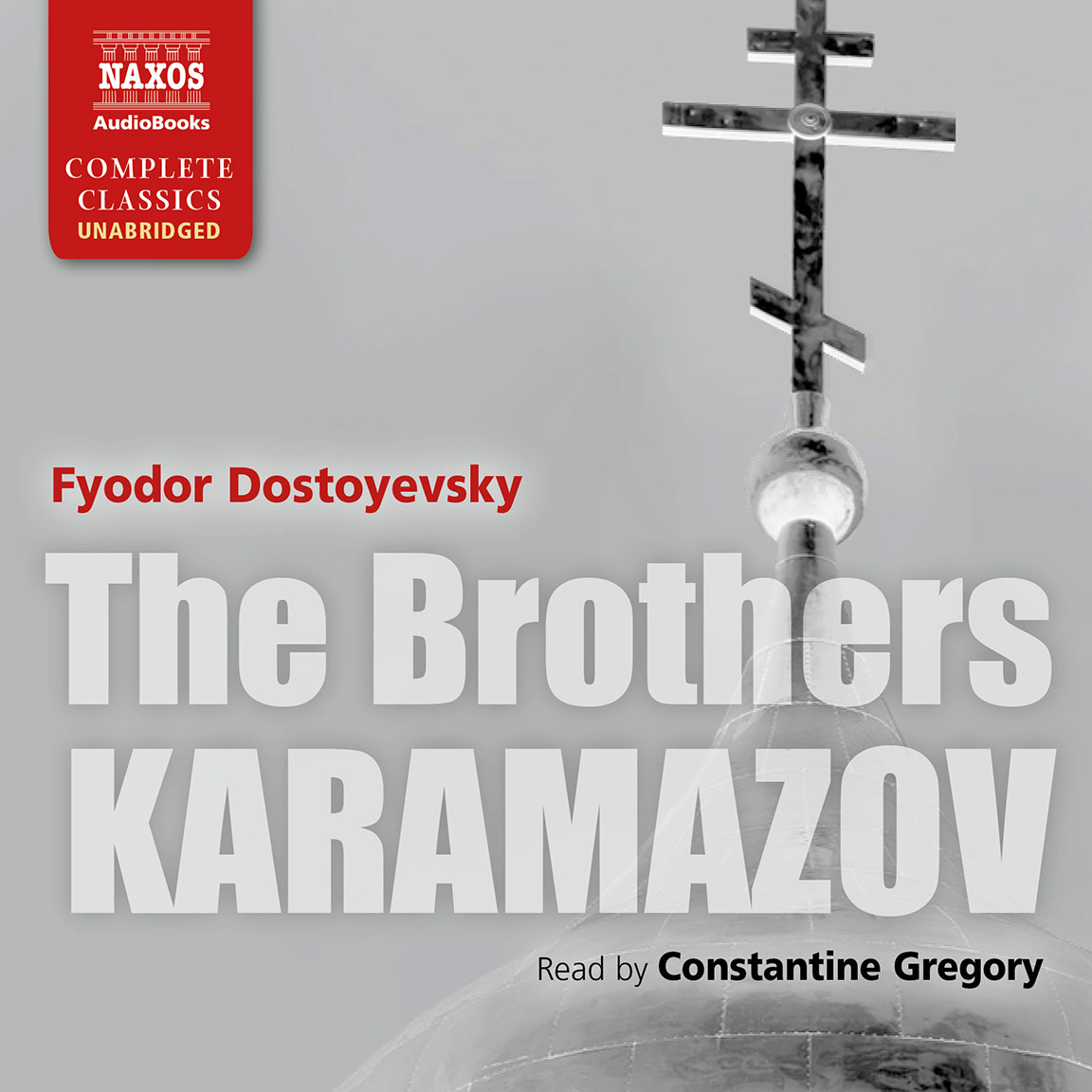
Audio Sample
Ivan Turgenev
Torrents of Spring
Read by Neville Jason
unabridged
When young Russian aristocrat Dimitri Sanin, on his way home from Italy, enters a patisserie in Frankfurt, he little dreams it will alter the course of his entire life. Faced with Gemma, the most beautiful girl he has ever seen, he is blown away by the spring torrents of love. But fate has a challenge in store for Sanin, one he must successfully overcome or else he will lose his chance of future happiness. This tale of struggle against the force of natural passion speaks to the hearts of all who have experienced the fragile beauty of first love and the dark power of desire.
-
Running Time: 6 h 11 m
More product details
Digital ISBN: 978-1-84379-693-0 Cat. no.: NA0118 Download size: 180 MB BISAC: FIC004000 Released: April 2013 -
Listen to this title at Audible.com↗Buy on CD at Downpour.com↗Listen to this title at the Naxos Spoken Word Library↗
Due to copyright, this title is not currently available in your region.
You May Also Enjoy
Reviews
On his way home from Italy, Dimitri Sanin enters a small candy store in Frankfurt and it is love at first sight when he sees Gemma, the salesgirl. Set in the 1840s, this emotionally charged (and partly autobiographical) story of natural passion and desire does not go smoothly and fate intervenes, changing the lives of both lovers. Neville Jason is a perfect match for this dramatic story, having trained at the Royal Academy of Dramatic Arts, where he was awarded the diction prize by Sir John Gielgud. He has been a member of the BBC Radio Drama Company three times and may be heard in radio plays, documentary and arts programs. He handles the Italian, Russian, German and French with ease, and while it is a highly dramatic and passionate story, he avoids overdramatising. He steps into each character’s skin and inhabits their being. This is a terrific performance that in a less-skillful reader’s hands could have been disastrous.
Sue Rosenzweig, Sound Commentary
Sanin is an ardent, 22-year-old Russian nobleman. Travelling through Europe, he is captivated by Gemma, the demurely flirtatious daughter of an Italian sweet-maker whose family keep a shop in Frankfurt; she manoeuvres him into discovering he is in love with her. But Sanin needs money to marry and so leaves Frankfurt to sell his estate to the rich and beautiful wife of an old acquaintance. He knows that this sale will condemn his serfs to the long-term vassal-hood he had aspired, one day, to free them from, and Fortune punishes him harshly for his abandonment of principle; inveigled into an affair with the very woman whom he had hoped would finance his marriage, Sanin’s hopes and longings end in sterility.
This novel captures superbly the wonder of first love and sexual arousal; Sanin is aquiver with emotions and sensations and though he officially worships one woman and despises the other, his feelings for the two seem in fact to flow into one another. He is carried along, as the title suggests, by forces that feel to him out of his control. Especially vivid is the description of his ride on horseback with the adulterous Maria Nicolaievna; the episode pulsates with a sexual excitement all the more powerful for not being described explicitly and ends with a seduction that can’t be described at all.
Neville Jason reads Turgenev’s novel with a measured but passionate intensity very fitting for this recollection of how it feels to be young.
Julian Margaret Gibbs, The Tablet
Booklet Notes
Ivan Sergeyevich Turgenev was born in Orel Province, Russia, on 9 November 1818. His family were well-to-do landowners, with a large estate. The estate was the legacy of his mother, who ruled over its five thousand serfs with great severity. Her stern treatment was extended to Ivan and his brother, who were regularly beaten by her. Their father, a handsome philanderer who had married his wife for her money, was a self-centred character whose strength of purpose and love of freedom were to become reflected in certain of Turgenev’s future creations.
Torrents of Spring was first published in 1872, although Turgenev had been turning over the idea in his mind for some time before starting to write it. The story is to an extent autobiographical, in that Turgenev had experienced a similar situation to the book’s opening scene whilst travelling in Germany as a young man. An extremely beautiful girl, Jewish rather than Italian, had begged him desperately to come to the aid of her brother who had fainted. However, it appears that Turgenev, despite doing as she asked, did not make the mistake of his fictional counterpart Sanin. Despite being bowled over by her beauty, he did not cut short his journey, and so there the incident ended.
Also autobiographical in some measure is the central character Sanin, who appears to be a self-portrait of the author. The physical description Turgenev gives of Sanin might well be that of himself, and his view of his hero, referred to by him in a private letter as ‘ce nigaud Sanin’ (this ninny Sanin), appears to represent a disparaging criticism of himself.
Another aspect of the story which reflects the author’s own life, is the hero’s thraldom to a powerful beautiful woman, and the resulting ménage à trios. In 1843 at the age of twenty-five, Turgenev met the celebrated opera singer Pauline Viardot and fell madly in love with her. Viardot, twenty-two and already famous, was making her first appearance in Russia. Despite the fact that she was married and that Turgenev had fathered a child with his mother’s maid, their relationship was to continue in one form or another for forty years. It would appear that the initial passionate love affair between them was broken off at one point, to be continued later on in a more subdued manner, but Turgenev remained her devoted follower for the rest of his life.
Turgenev is
too subtle
a writer
to confine
himself to
stereotypes
When in 1863 Pauline and her family moved to Baden-Baden, Turgenev settled there as well. As he expressed it, he was obliged to make his home on the edge of another’s nest. But the acceptance of the situation by all concerned led to his remaining there with them for seven years. When the Viardot family was obliged to leave Germany at the outbreak of the Franco-Prussian war, Turgenev followed them, first to London, where most of Spring Torrents was written, and then to Paris.
This situation of a complaisant husband and an undemanding lover is that of Turgenev’s most famous play, A Month in the Country; it appears in a darker vein in Spring Torrents, where Sanin’s sexual enslavement leads to his shameful humiliation, and ends with his being cast off once his capricious mistress tires of him.
Turgenev’s essay Hamlet and Don Quixote defines two contrasting personality types. Those in the Hamlet category he sees as self-absorbed and indecisive; the Don Quixotes are idealistic, radical and selfless. Whilst he claims not to favour one over the other, he seems to admire the Don Quixotes and to see himself as a Hamlet, self-centred, unable to come to decisions and only taking action when absolutely forced to.
These characteristics find their way into Torrents of Spring, although Turgenev is too subtle a writer to confine himself to stereotypes. Sanin is undoubtedly a Hamlet: although struck by Gemma’s beauty, he would have made no move to get to know her and would have continued on his journey had she and her family not insisted he stay. He undertakes the duel with no intention of following it up with a declaration to Gemma, not realising he has fallen in love with her until she makes her own feelings known. Even then, the idea of marriage seems to take him by surprise.
The book’s magical scenes of first love, the ‘torrents of spring’, enchant the reader as they do the couple in question, and neither they nor we can imagine such a treacherous act as Sanin will perform almost immediately after becoming engaged to Gemma, under the sway of an ungovernable sexual passion. Sanin is Hamlet, but a cowardly Hamlet incapable of taking control of his life. He is both literally and figuratively ‘blown away’ by a summer storm of love for Gemma, and then totally stripped of whatever willpower he possesses by the determined onslaught of Maria Nikolaievna. Once caught in her net, he becomes her slave and lacks the strength of character to extricate himself. As the author observes: ‘Weak people never finish things themselves, they always wait for an end.’
Although it is not possible to see Maria Nikolaievna entirely as a Don Quixote personality, she does share the Spanish Knight’s qualities of courage and determination. The opposite to the pure and selfless Gemma, Maria Nikolaievna is sexually predatory and selfish. But she is altogether mistress of her fate; she knows what she wants and is determined to get it.
Both women, however, are stronger than Sanin. Gemma is the one who makes the running, not Sanin, when they first meet; she has the strength to break off her engagement to Kleuber and manages to pick herself up and create a new life after Sanin deserts her.
Turgenev writes of the irony of Sanin’s fate: ‘…it all came from his being so very good-looking. One can but exclaim, no man knows what may be his making or his undoing.’ It is undeniably true that what may appear to be positive qualities or opportunities can lead to negative results and vice-versa. In Turgenev’s case it is the self-perceived negative aspects of his life and character, what he saw as his weakness and cowardice, together with his failed quest to find a permanent love, which have given rise to the creation of this moving, truthful and compelling tale.
Notes by Neville Jason




